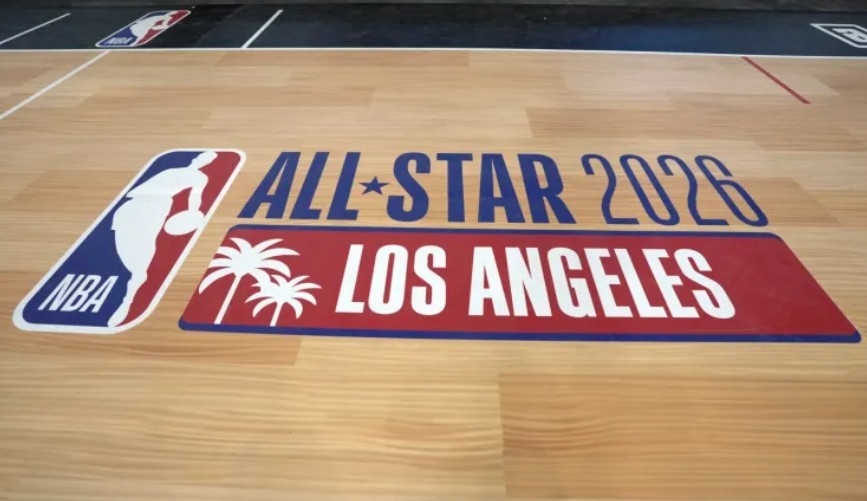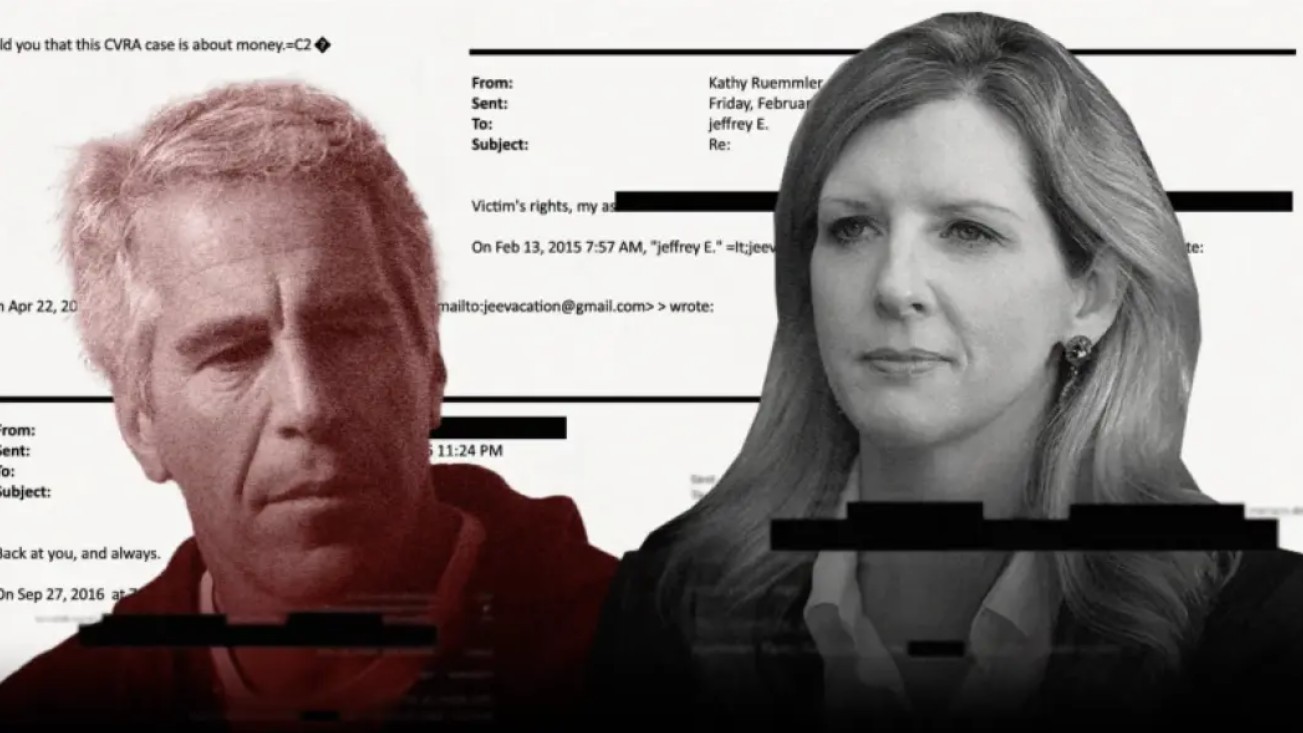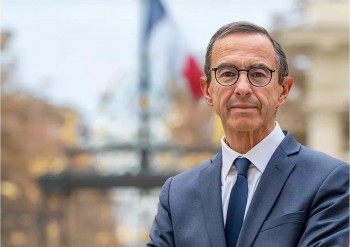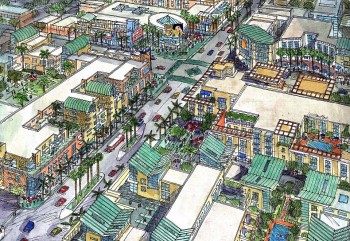Italian National Anthem: History, Full Lyrics In Italian and English
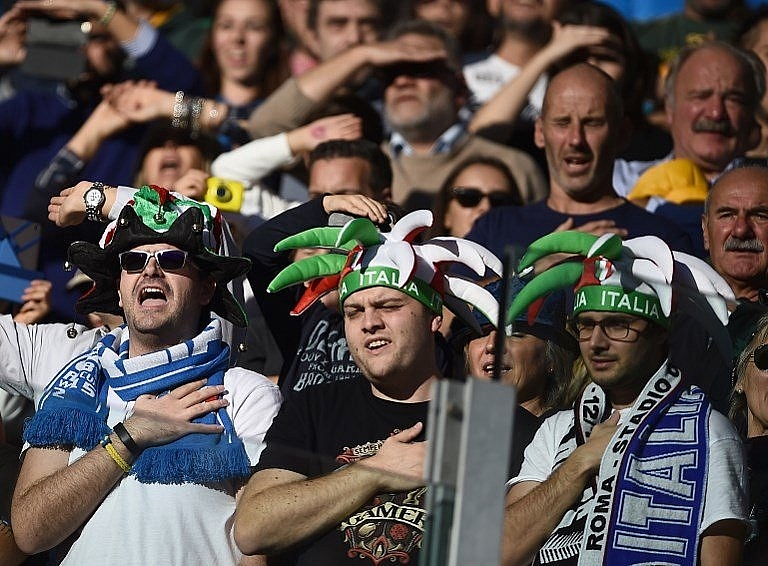 |
| What Is Italian National Anthem: History, Full Lyrics In Italian and English. Photo Local Italy |
What is Italian national anthem?
Inspired by brotherhood and a whole lot of patriotism, ‘Fratelli d'Italia’ and its fanfare cheer is instantly recognisable as Italy’s boisterous national anthem.
Italy’s national anthem goes by many names – ‘Il Canto degli Italiani’, ‘Inno di Mameli’, or ‘Fratelli d'Italia’ from the song’s opening line.
Who are authors of Italian national anthem?
Twenty-year-old student and patriot Goffredo Mameli composed the verses to the Italian anthem in Genoa in the fall of 1847. He was a poet and an early supporter of Giuseppe Mazzini's ideas after his birth in Genoa in 1827. Sadly, he only lived a short amount of time. In fact, he gave his life defending the Roman Republic from French invasion in July 1849.
The national anthem's lyrics were written by Goffredo Mameli, while the music was composed by the genoese Michele Novaro. An advocate for liberal ideals and Italian unification, he was born in 1818. Despite the widespread popularity of his national song, he received virtually no post-Italian-Unification recognition. While the composer passed away on a meager income, his students erected a tombstone in his honor close to that of Giuseppe Mazzini.
History of Italian National Anthem
Goffredo Mameli, then a 20-year-old student, wrote the lyrics. Michele Novaro put them to music two months later.
The song rose to fame during Italy's Risorgimento, but "Marcia Reale" (the Royal March) replaced it as the country's official anthem after Unification in 1861. (Royal March).
When Italy finally became a republic after World War II, it reinstituted "Il Canto degli Italiani" as its national song.
This song was written 170 years ago, but it wasn't formally recognized as Italy's national anthem until December 2017.
What are the lyrics to Il Canto degli Italiani?
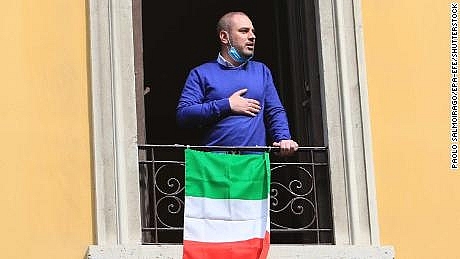 |
| Photo CNN |
1. Fratelli d'Italia,
L'Italia s'è desta;
Dell'elmo di Scipio
S'è cinta la testa.
Dov'è la Vittoria?
Le porga la chioma;
Ché schiava di Roma
Iddio la creò.
Chorus:
Stringiamci a coorte!
Siam pronti alla morte.
Siam pronti alla morte,
L'Italia chiamò.
Stringiamci a coorte!
Siam pronti alla morte.
Siam pronti alla morte,
L'Italia chiamò. Sì!
2. Noi fummo da secoli
Calpesti, derisi,
Perché non siam popolo,
Perché siam divisi.
Raccolgaci un'unica
Bandiera, una speme;
Di fonderci insieme
Già l'ora suonò.
3. Uniamoci, amiamoci;
L'unione e l'amore
Rivelano ai popoli
Le vie del Signore.
Giuriamo far libero
Il suolo natio:
Uniti, per Dio,
Chi vincer ci può?
4. Dall'Alpi a Sicilia,
Dovunque è Legnano;
Ogn'uom di Ferruccio
Ha il core e la mano;
I bimbi d'Italia
Si chiaman Balilla;
Il suon d'ogni squilla
I Vespri suonò.
5. Son giunchi che piegano
Le spade vendute;
Già l'Aquila d'Austria
Le penne ha perdute.
Il sangue d'Italia
E il sangue Polacco
Bevé, col Cosacco,
Ma il cor le bruciò.
Italian National Anthem in English translation
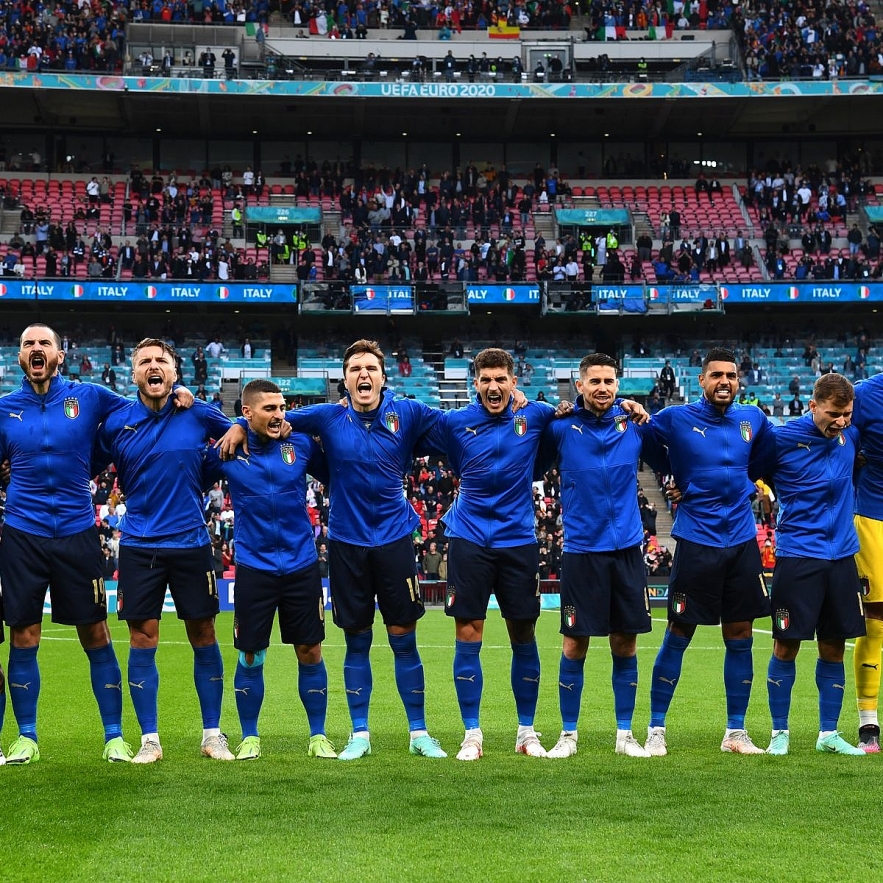 |
| Photo Getty |
1. Brothers of Italy,
Italy has awakened;
Scipio's helmet
she has put on her head.
Where is the Victory?
Offer her the hair;
because slave of Rome
God created her.
Chorus:
Let us unite!
We are ready to die;
Italy called.
2. We have been for centuries
stamped on, and laughed at,
because we are not one people,
because we are divided.
Let's unite under
one flag, one dream;
To melt together
Already the time has come.
3. Let's unite, let's love;
The union and the love
Reveal to the people
God's ways.
We swear to liberate
the native soil:
United, for God,
Who can beat us?
4. From the Alps to Sicily,
Everywhere is Legnano;
Every man of Ferruccio
has the heart and the hand;
the children of Italy
are called Balilla;
The sound of every church bell
calling for evening prayers.
5. They are branches that bend
the sold swords;
Already the eagle of Austria
has lost its feathers.
the blood of Italy
and the Polish blood
Drank with Cossacks
But its heart was burnt.
| Do the words make any sense? Some of the lyrics relate to some fairly obscure episodes of Italian history which don't have much meaning in the modern world. But overall, this is a simple battle-cry, made dramatic by obscure references and rambunctious music. Italy is ready to go to war to become free, and will be as victorious as Rome was in ancient times. But who on earth is 'Scipio'?! He was one of the greatest generals of the Roman Republic, who beat the great Carthiginian commander, Hannibal. So Italy has donned Scipio's helmet which will assure victory. And Victory herself must bow down, because Italy will dominate. But no-one really cares about the exact meaning of the words. It's a rousing song, and despite some mutterings among politicians, it's hard to see anyone allowing it to be replaced. |
Facts that you might not know about Italy
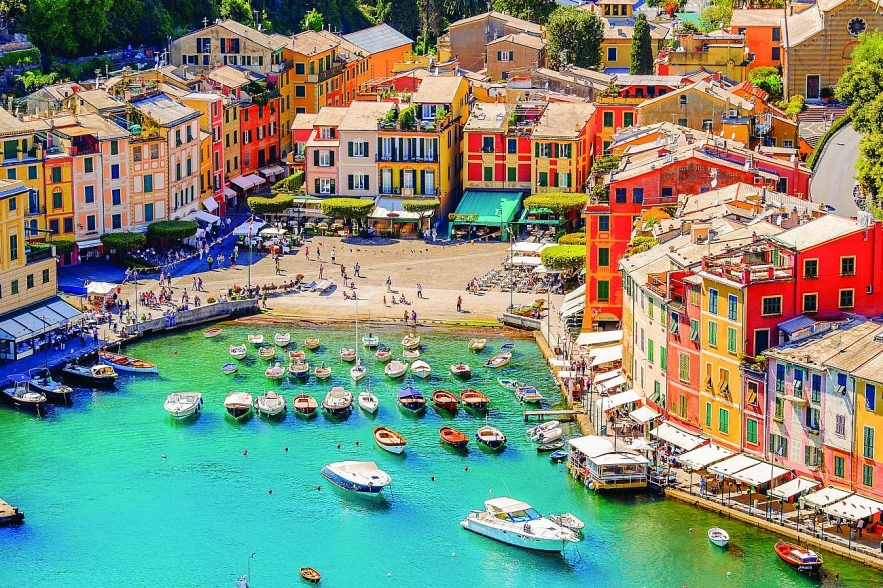 |
| Photo VietnamBiz |
-Italy is slightly larger than Arizona.
-Almost 20% of Italy's population is over 65 years old.
-Italy borders Austria, France, Vatican City, San Marino, Slovenia, and Switzerland.
-Its longest border is with Switzerland.
-The average Italian family has 1.27 children.
-Everybody 18 and over can vote, however you have to be at least 25 to vote in Senate elections.
-The Italian flag is inspired by the French flag introduced during Napoleon's 1797 invasion of the peninsula.
-The average Italian makes $26,700 a year, however those in the more prosperous north make almost $40,000
-The thermometer is an Italian invention.
-Italy's unemployment rate is around 8.6%, but it is as high as 20% in the more impoverished south.
-Italian farms produce grapes, potatoes, sugar beets, soybeans, grain, olives, beef, and dairy.
-The average life expectancy at birth for an Italian is 79.54 years.
-The famous children's story, Pinocchio , was written by an Italian.
-The city of Naples gave birth to the pizza .
-The longest river in Italy is the Po.
-The average Italian consumes half a pound of bread a day.
-Italy's contributions to science include the barometer, electric battery, nitroglycerin, and wireless telegraphy.
-Famous Italian explorers include Christopher Columbus, Marco Polo, John Cabot, and Amerigo Vespucci.
-Today's modern Italian language originated in the region of Tuscany.
-Enrico Fermi, inventor of the nuclear reactor, was an Italian.
-The automobile, Fiat , is one of Italy's greatest products.
-With almost 40 million visitors, Italy is the fourth most visited country in the world.
-Italy is home to two microstates, San Marino and Vatican City .
-Besides Julius Caesar, Shakespeare also set in Italy ( entirely or partially):
-Romeo and Juliet, Othello, The Merchant of Venice, Antony and Cleopatra, Coriolanus, Cymbeline,Much Ado About Nothing, Othello,The Taming of the Shrew, Titus Andronicus, The Two Gentlemen of Verona,The Winter's Tale
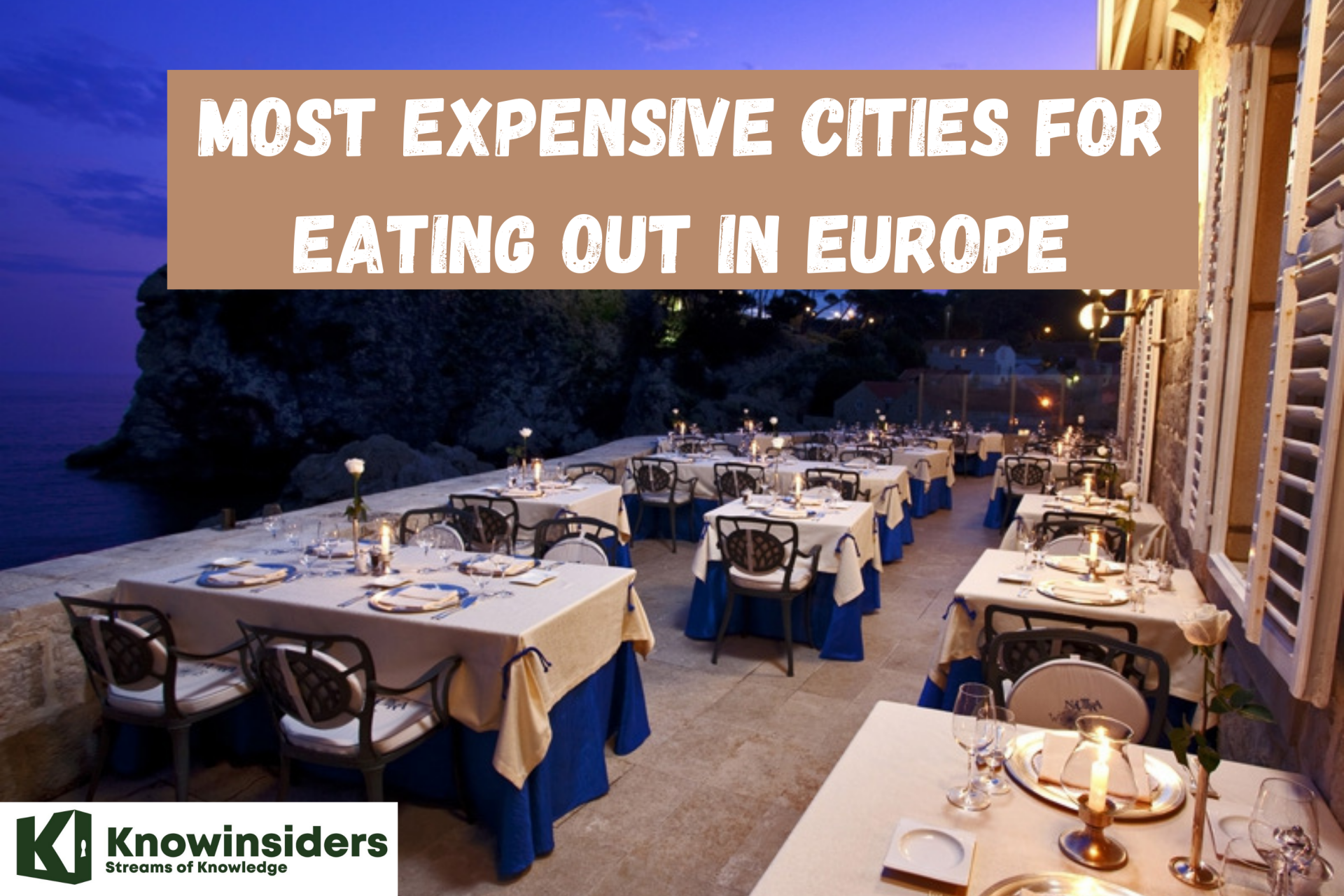 Top 10 Most Expensive Cities For Eating Out In Europe Top 10 Most Expensive Cities For Eating Out In Europe If you are planning a trip to Europe, one of the most important things that you need to know is the price of the food ... |
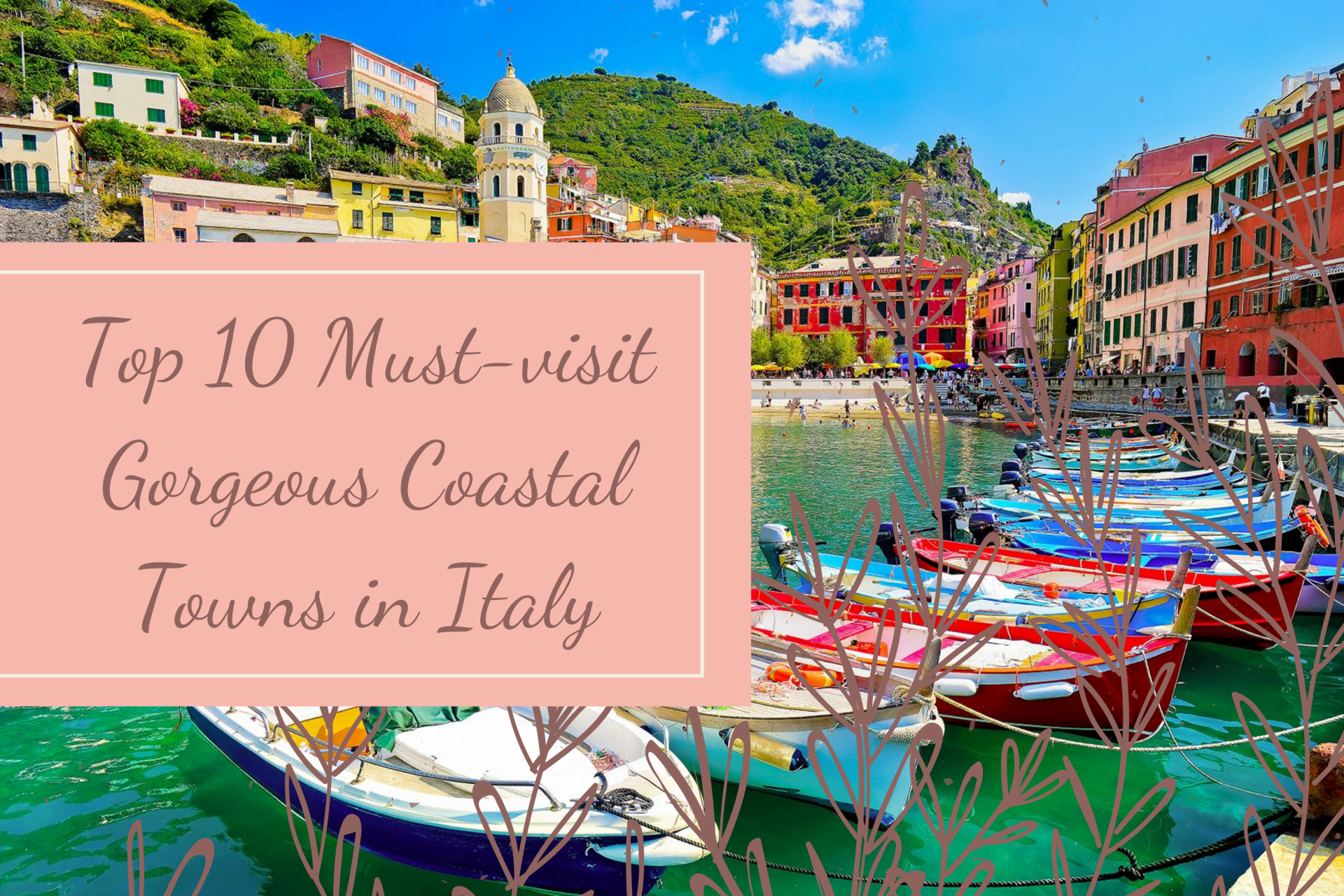 Top 10 Must-visit Gorgeous Coastal Towns in Italy Top 10 Must-visit Gorgeous Coastal Towns in Italy Italy has a wealth of postcard-perfect coastal towns, each with an individual panorama of breathtaking ocean views. Check out right below the 10 most charming ... |
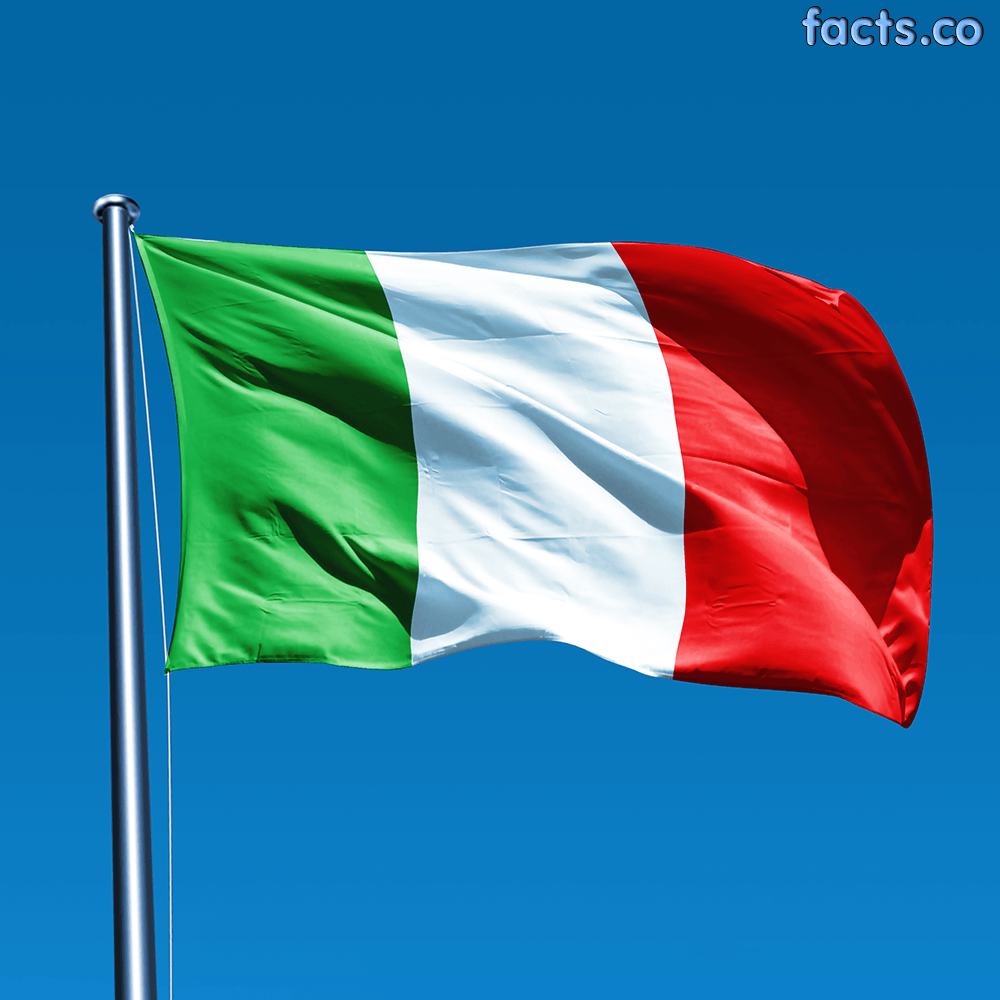 Top 9 Interesting Facts about Italy Top 9 Interesting Facts about Italy Italy is a fascinating place; a vacation in Italy can be packed with interesting things to do and see without every running out of activities ... |








